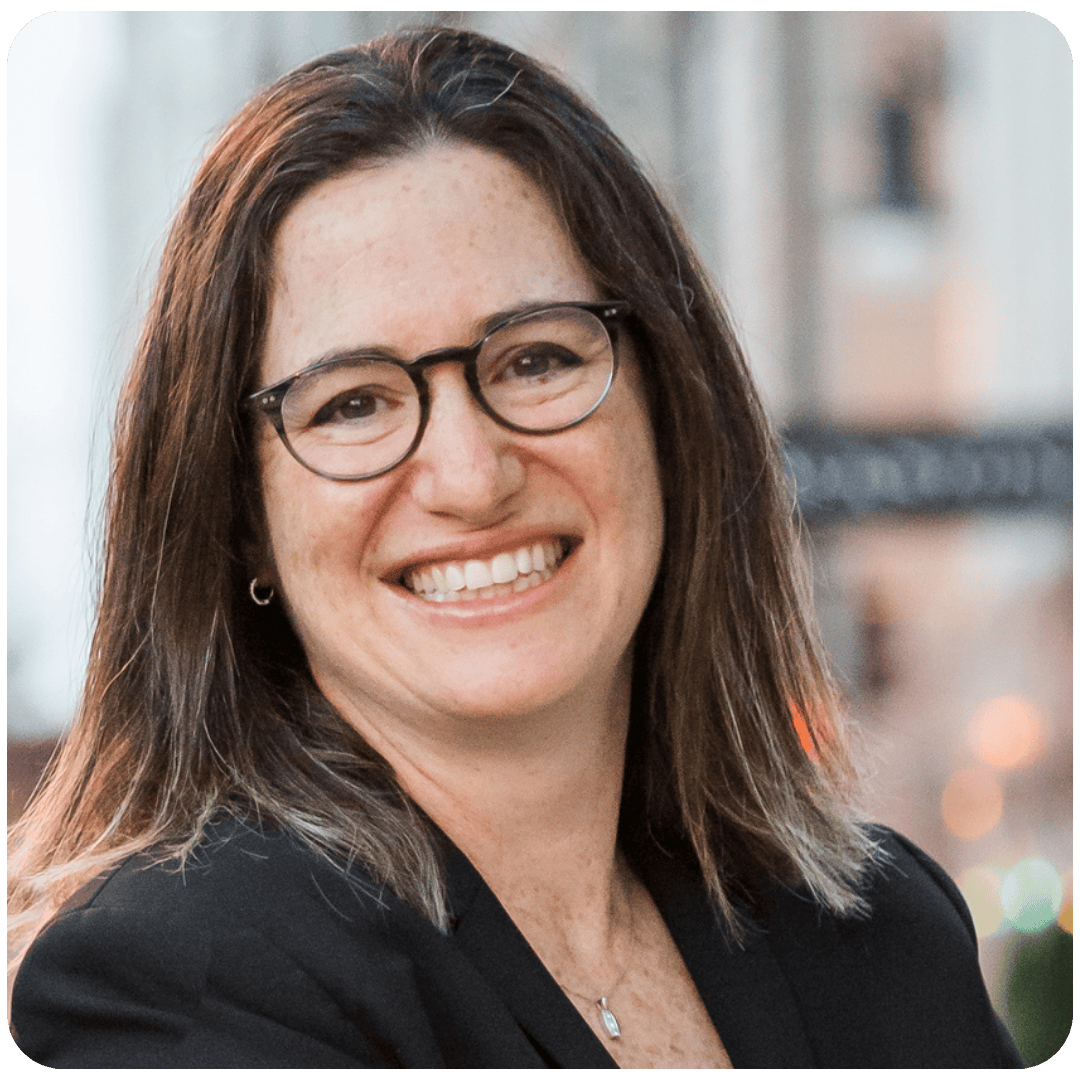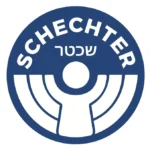Keren Fraiman (‘92) awarded for groundbreaking research on educating young people about Israeli-Palestinian conflict
In March, Dr. Keren E. Fraiman (’92) received the 2025 Ilia Salita Excellence in Research Award from the Jewish Funders Network for her book chapter, Barriers to Entry: Exploring Educator Reticence for Engaging with the Israeli-Palestinian Conflict. The award recognized her innovative work and its critical contributions to understanding the challenges of conflict education in Jewish settings, while offering practical solutions to support educators in fostering nuanced, meaningful discussions.

For Keren, who serves as Dean and Chief Academic Officer at Spertus Institute and holds a faculty appointment as Professor of Israel Studies, the award is both a personal milestone and a reflection of her commitment to advance Jewish education and equip leaders to engage with complex issues.
Why educators hold back from teaching about the conflict
In her research, Keren addresses a core question that has guided her work for many years: How can we teach young learners about the Israeli-Palestinian conflict in ways that are both responsible and resonant—and what gets in the way?
“After years in the field, I kept hearing how essential it was to engage students on this topic,” Keren explains. “But I discovered that even the most well-prepared educators—those with graduate degrees in Jewish education or professional studies, immersive Israel experiences, and advanced training —still hesitated.”
This widespread hesitation became the focus of her study. Through interviews with these educators across a range of Jewish educational settings—day schools, supplemental schools, camps, and more—Keren identified four major barriers: knowledge, pedagogical tools, emotions, and lack of institutional support.
“Some educators struggled to contextualize current events or reconcile their personal uncertainties about the conflict,” she says. “Others didn’t feel equipped to navigate emotionally charged conversations, especially with students who might come in confused, angry, or afraid.”
But one of the greatest obstacles Keren found was institutional. “Even when you do everything right, these conversations can be messy,” she says. “Educators were concerned about what might happen when an angry phone call comes in from a parent or board member. Others lacked clarity on the boundaries that their institution was comfortable with. Would their institution support them? For many educators, this just didn’t feel like the hill they wanted to die on.”
As Karen puts it, “I can train educators on content, pedagogy, and emotional preparedness—but I can’t fix a system that they don’t believe has their back.”
A personal turning point
Her dedication to this work is deeply personal. In 2014, while driving home from Lincoln Park Zoo Camp with her seven-year-old son, he asked a question that caught her off guard: “Why did the Israelis kill four boys on the beach?”
“I have a PhD in this field,” she says, “but even I didn’t know where to begin.” They pulled over for ice cream and had a conversation that would help to shape her professional path. “That moment made it clear: kids are already asking the hard questions. Our job is to make sure there’s space to answer them.”
Research confirms what her son’s question revealed: children as young as seven are aware of the conflict. To ignore this reality, Fraiman argues, is to underestimate them. “We need to believe in our young learners,” she says. “We need to trust them to build authentic relationships with Israel—and that means including the hard stuff.”
Roots at Schechter
At the heart of her work is a belief in the power of Jewish education—and that belief was first nurtured at Schechter. “I think Schechter gave me a really strong academic foundation, a deep and meaningful connection to the Jewish people and the State of Israel, and life-long friends,” she reflects. “It supported my love of learning—Schechter was a joyful place to learn, and that is something I’ve carried with me throughout my life.”
After graduating from Schechter, Keren continued her education at Ida Crown Jewish Academy before serving in the Israel Defense Forces, where she became an officer. Although she holds Israeli citizenship through her Israeli and Uruguayan parents, she was raised in the United States and entered the IDF as a lone soldier.
Following her military service, she earned an undergraduate degree in Political Science and Near Eastern languages and Civilizations from the University of Chicago, and later completed a PhD in Political Science and International Security at MIT.
A life shaped by learning and leadership
In her leadership role at Spertus, Keren works with educational organizations across the country to support their Israel educational efforts, and also serves on the faculty of the iFellows Masters Concentration in Israel Education program, Hillel International’s MasterClass Israel, and the Wexner Heritage Program. Her research focuses on Conflict Education – how we learn and teach about the Israeli-Palestinian conflict within Jewish settings.
Keren’s work has been supported by the US Institute of Peace, the National Consortium for the Study of Terrorism, and the Chicago Project on Security and Terrorism. Most recently, she was selected for the Wexner Field Fellowship, presented by the Wexner Foundation in partnership with the Jim Joseph Foundation.
A former Schusterman Israel Scholar, Keren has worked at the Crown Center for Middle East Studies at Brandeis and led trips to Israel as a facilitator both for Encounter and Birthright Israel.
Keren was born in Haifa and moved with her family to the United States when she was six. She and her husband, Eitan Stieber, live in Evanston, where they are raising their three children—Gadi, Danit, and Noam. Keren says she is proud to bring her professional expertise, personal insight, and a deep passion and commitment to her work at Spertus.
“In a post-October 7 world, our learners will encounter these issues everywhere,” she says. “If we don’t give them space within our institutions to ask questions, express vulnerabilities, and explore hard truths, they’ll look elsewhere—often without the support or context they need.”
For Keren, the stakes are high—but the opportunity is greater.









